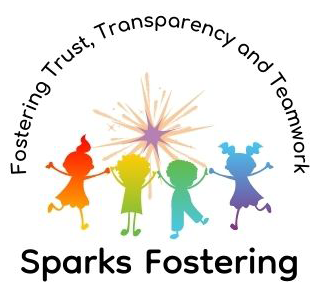The challenges and rewards of fostering teenagers
The rewards of fostering teenagers include:
-
The teen years are when children start to form their identity and personal viewpoints. Guidance in these years can change a child’s life in a positive way.
-
Teens are more independent than younger children so usually need less help with self-care and with supervision. Many teens are happy to use public transport to get to school (or other activities) and back.
-
Teens may understand their situation more than younger children so they may be more appreciative of the foster carer’s efforts.
-
Teens may be better able to express their views and wishes, so foster carers can empower teens to build the life they want.
-
Teens can be more involved in choosing a foster home so the decision to join a fostering home may be mutually agreed by the teen and the fostering family (in an ideal situation).
-
Teens can be very active and may engage in lots of leisure activities, which may suit families who enjoy being active.
-
Carers of teens can support them to prepare for independent living and are more likely to be able to see the children grow up to be successful and happy adults.
The challenges of fostering teenagers may involve:
-
Some children struggle with their behaviour. In foster care the challenges may include shouting, door slamming, perhaps swearing, smoking, and going missing. Only very specialist carers would be approved to care for teenagers who damage property or are at risk of being physically aggressive.
-
Teen go through puberty and need advice and support with that. There may be some emotional challenges linked to this.
-
Some teens explore their identity more keenly than others; this may mean the teen explores their gender, sexuality, religious or other aspects of their identity. Foster carers may feel that they lack the knowledge to provide adequate support.
-
Teens may start dating, which may be problematic for homes where dating is prohibited for teens, or if the child dates someone who is a bad influence on them.
-
Teens are more likely to be influenced by their peers, some of whom may be a negative influence.
-
Some teens are particularly vulnerable to online risks, such as bullying, catfishing or extreme challenges.
-
Some teens are at risk of exploitation and may have connections to risky groups.
When there are challenges in caring for any children, foster carers are supported by the fostering provider and by the team around the child.






